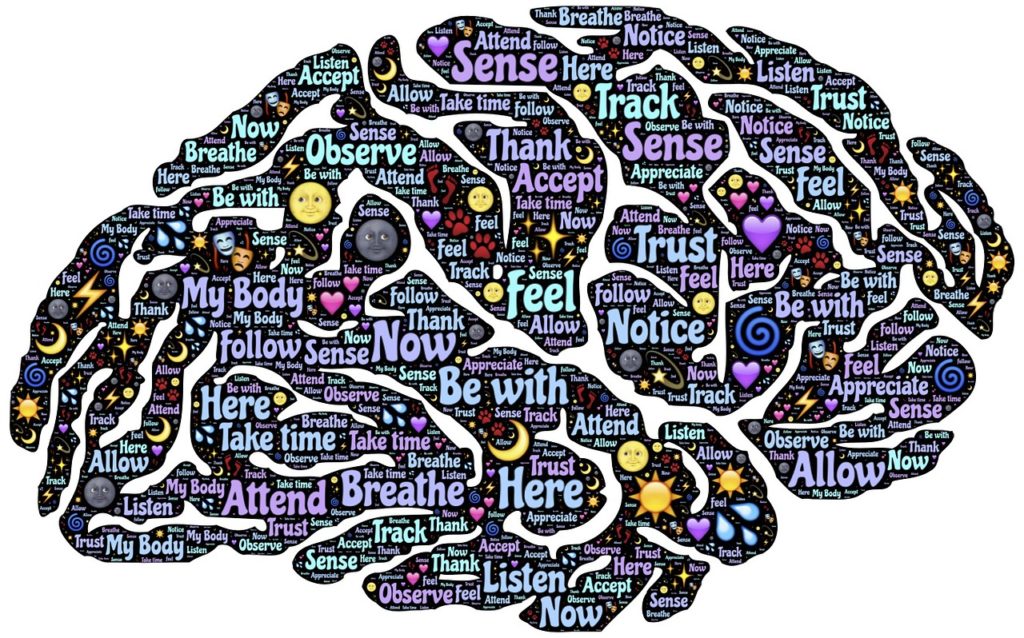– There are Pros & Cons –
Conditioning is an experiential learning process in which you are trained to believe and/or do something. Similar to and sometimes used synonymously with “learning” or “educating,” conditioning is more often related to an unconscious acceptance of some kind of belief – which implies it has thus been taken in without questioning its truth, validity, or relevance (to one’s life).
This is especially true during childhood, wherein a youngster’s Elephant is acquiring all kinds of information, directives, and beliefs while its Rider part of the brain has not yet fully developed, and is thus limited in its intellectual capacity and skill to examine, discriminate or consider some alternative.
But then, even with the “fully developed” brain that comes in adulthood, everyone remains vulnerable to, and the target of, conditioning. This for the simple reason that no one can question, or critically process, everything we experience. Nor would we really want to! And yet…there are many things we should question.
And, arguably, “growing up” should also be about learning to as well as learning what…to consider, examine, or debate.
______
While conditioning is a most natural and necessary process that involves human growth, development, and functioning – not the least being survival – it also enables dysfunctional consequences. For when one “has learned” something that distorts, or misrepresents, or outright falsely presents the reality of what is, or what is happening, or why it’s occurring, then one is subject to the outcomes that result from such erroneous beliefs, thinking, and behaviors so engaged.
In other words, when you “don’t get the reality right” your expectations will likely not be met; and too often, it can turn out much worse…
______
Conditioning is responsible for “what gets in there and stays” in your Elephant – like beliefs, values, skills, biases. Some of our conditioning comes about due to the focused efforts one chooses to pursue. These are usually internally driven – as in “I want to” – and involve some proactive endeavor that carries with it an implicit acceptance of what the conditioning will entail.
But arguably the far larger part of our conditioning is directly related to the externally driven “informative” processes that we have experienced, or been exposed to, or “been subjected to.” We are – in fact we are mostly – what that externally imposed conditioning has made us. (Whoa!)
You (i.e., your Elephant) has been informed – that is, “programmed,” “taught,” and “educated” – by 1) genetics, 2) real-life experiences, and 3) your exposure to ideas and beliefs of what is right or wrong, and good or bad. This last began with your caregiver/parent[s] (i.e., telling, reminding, lecturing, disciplining, shaming, as well as modeling) and soon included others, like extended family, schoolteachers, and possibly priests/clerics. And in growing up, your Elephant was further subjected to all kinds of other external influences, like friends, social media, entertainment media, and advertisers.
What all this means is that your Elephant has been mostly trained and conditioned by your external life experience. And, as earlier noted, most if not all of this learning has been “taken in” without questioning its truth, validity, or relevance. In other words, you are the product – and in some sense a victim – of events, experiences, and influences you’ve had very little, if any, say in or control over.
This may come to seem obvious, of course, once one understands how this often insidious process trains our brain in what to believe and how to behave; and thus how we comprehend reality (i.e., our worldview) and daily experience. What may be more disturbing is how limited and misinformed our grasp of reality often is…in other words, our conditioning has been (and continues to be!) rife with lies, half-truths, and misinformation that much of our understanding about the world is based on.
And this last, here defined as dysfunctional conditioning, is a major source of our struggle with life.
______
But then, again, evolution has saddled our Elephant with a Rider, that (newer) part of the brain that can think, rationalize, and problem-solve. And it can question…which leads to a most salient one:
“Does it?
_______________________________________
*Elephant/Rider Model: The Happiness Hypothesis, Jonathan Haidt, 2006.

